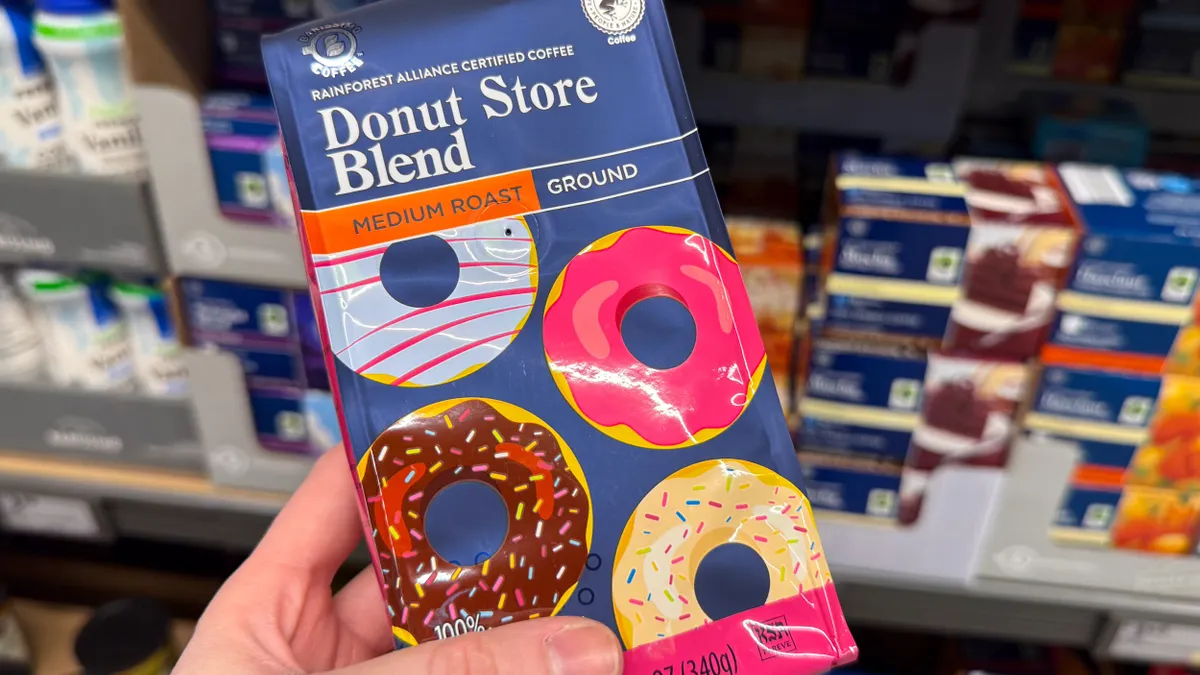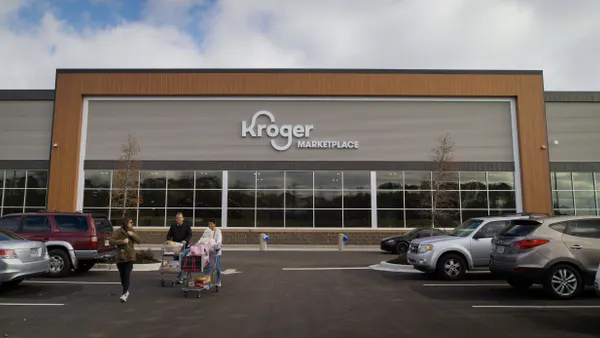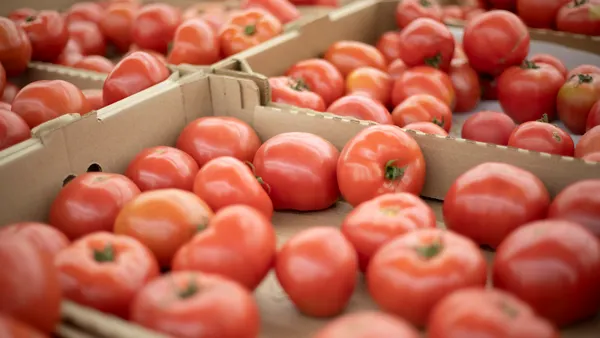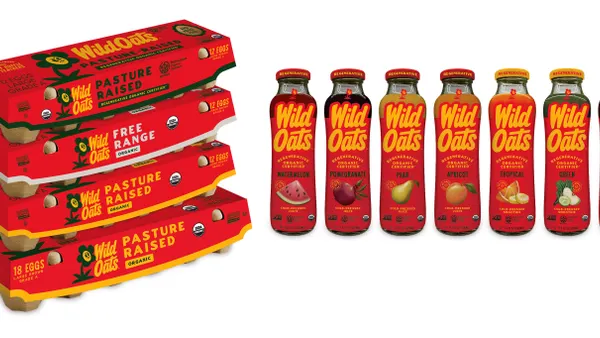As grocers continue growth for their private brands, they are eyeing a robust dollar share increase by 2027, according to a new report from FMI — The Food Industry Association.
The report found that 86% of surveyed retailer and manufacturer executives said they plan to moderately or significantly increase private brand investments in the next two years, boosting private brands’ share of overall sales to 25.6% during that period — up from the current average of 22.3%.
Premium lines are a key area for investment, FMI noted, as they tend to draw in younger consumers. More than 90% of retailer respondents said that premium offerings will be a focus for private brand line launches this year.
Retailers are also expanding the online availability of their private brand assortments amid expectations that e-commerce growth will outpace in-store growth, according to FMI.
“The growth of ecommerce has opened new avenues for private brands to thrive,” Tom Cosgrove, director of industry relations at FMI, said in a post about the report. “Retailers are not only expanding their online private brands assortments but also innovating how they engage with consumers digitally. This is a pivotal shift for the food retail private brands industry.”
Developing new supply sources for private brands has been a bigger priority this year than last year, FMI found. As retailers work on their sourcing, the report pointed to some discrepancies between retailers’ and manufacturers’ perceptions of private brand innovation. Almost 60% of retailers said they consider innovation to be extremely important, but only 40% of manufacturers said the same. Considerably fewer retailers than manufacturers said the industry is at least somewhat far along in leveraging innovation.
FMI’s private label report is based on a survey of 51 industry executives conducted between June 16 and July 8 as well as interviews with food industry executives.











